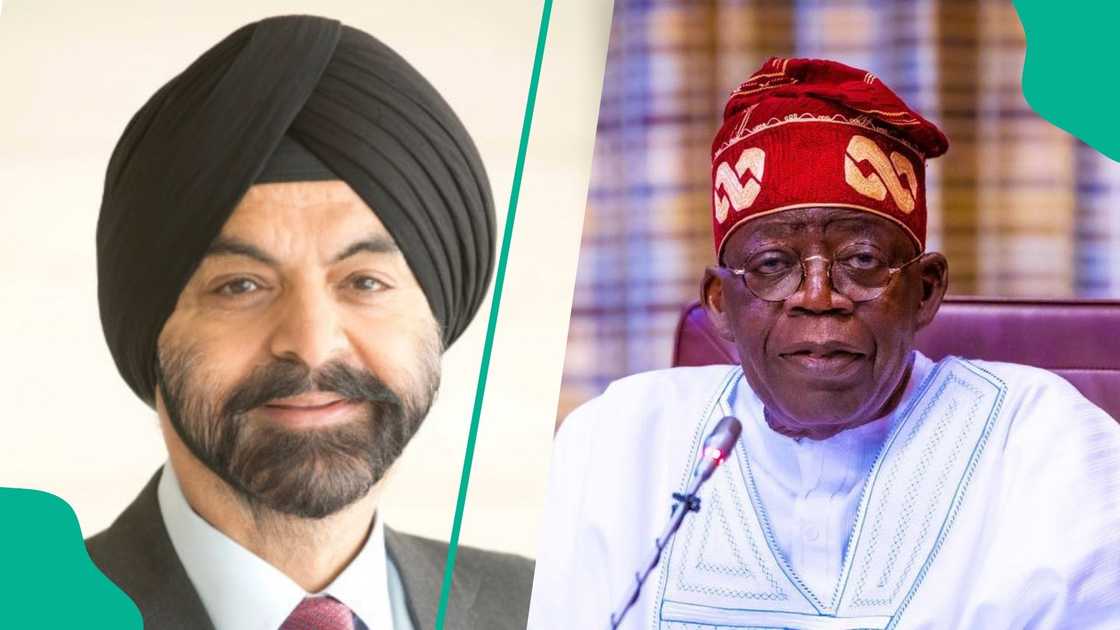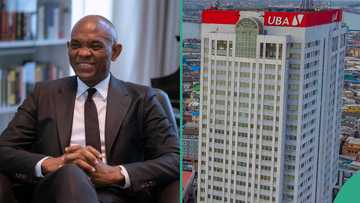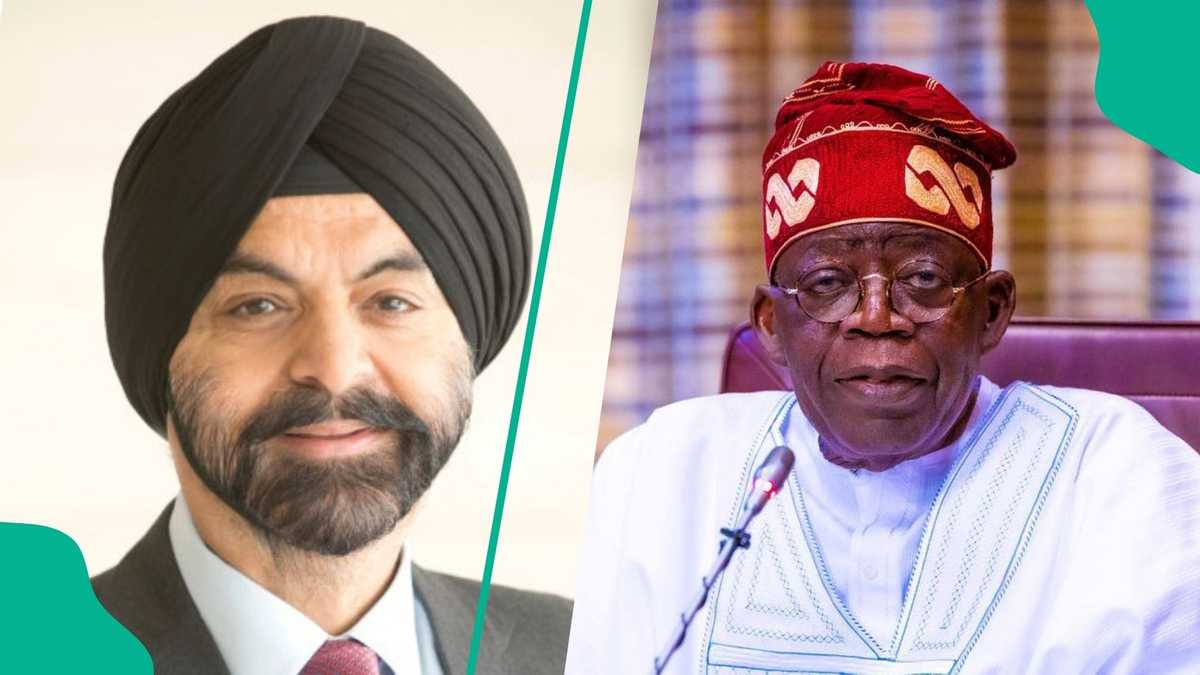The World Bank has announced the removal of several loan fees for poor countries, including Nigeria, which is ranked 46th poorest countryThese fees include the prepayment premium on IBRD loans, and the removal is expected to ease financial burdens on the poor countriesThe IBRD’s equity-to-loans ratio has also been reduced from 20% to 18%, to enable additional lending over the next decade
Henzodaily.ng journalist Ruth Okwumbu has over a decade of experience and a deep understanding of Nigeria’s corporate sector and emerging trends in the fintech space.
The World Bank has announced that it will remove several loan fees for poor countries to make borrowing more affordable for developmental projects.
This move, which focuses on vulnerable countries across the globe, is one of several targeted at improving the financial capacity of these countries to address challenges in their economies.
The bank announced the change through a post on its official X handle, @ WorldBank. It said that it had removed the prepayment premium on International Bank for Reconstruction and Development (IBRD) loans and introduced a grace period for commitment fees on undisbursed balances.
Read also
CBN speaks on companies’ expectations of Naira in 2025
 Nigeria will be benefiting from the removal of several loan fees by the World Bank.
Nigeria will be benefiting from the removal of several loan fees by the World Bank.
Photo Credit: World Bank, Bola Ahmed Tinubu
Source: UGC
The financial institution will also extend its lowest rates to small and vulnerable countries. According to the statement, this would make it easier for these countries to borrow and repay their loans.
It will also reduce the financial burdens on poor and vulnerable countries, thus freeing up funds for the much-needed development projects.
It said:
“These measures are designed to make borrowing easier and more affordable for countries facing significant challenges”.
Based on the Global Finance ranking 2024, these countries include South Sudan, Burundi, Central African Republic (CAR), Democratic Republic of Congo, Mozambique, Niger, Malawi, and others, with Nigeria ranking as the 46th poorest country.
The Bank had stated in a recent post that interest costs for the poorest countries had quadrupled in the last country, with these paying as much as $34.6 billion in interest in 2023 alone.
As part of the reforms and to enable additional lending over the next decade, the IBRD’s equity-to-loans ratio has been reduced from 20% to 18%.

Read also
BDCs finally react as CBN allows members to buy $25,000 weekly from NAFEM
Driving Global Financial Reforms
The Punch reports that the recent moves align with the bank’s vision of addressing overlapping crises in countries around the world. The broader financial reforms from the World Bank target an increase in lending capacity of $150bn over the next decade, including the elimination of loan fees.
As an international financial institution driving global development through loans and grants to low and middle-income countries, the World Bank is working to become bigger, better, and more efficient in addressing those issues.
The bank will achieve this by optimizing its available capital, creating and leveraging innovative financial instruments, and shareholder support without compromising its Triple-A credit rating.
Framework for Financial Incentives
The World Bank also introduced a Framework for Financial Incentives (FFI), which will encourage cross-border investments into challenges that can not be handled by the governments alone. These funds will address issues like energy access, biodiversity, and pandemic prevention, among others.

Read also
UBA announces plan for more expansion after opening Saudi, France other branches
The FFI was approved in April 2024, followed by the launch of the Global Solutions Accelerator Platform and the Livable Planet Fund.
Loans for world’s poorest nations
Henzodaily.ng recently reported that the World Bank disbursed over US$287 billion, to accelerate infrastructure development across Africa.
Nigeria, Ethiopia, and other African countries were among the biggest beneficiaries of that loan facility which was given through the International Development Association (IDA).
The loans and other financing received from the World Bank were intended to help the poorest countries execute major developmental projects.
PAY ATTENTION: Сheck out news that is picked exactly for YOU ➡️ find the “Recommended for you” block on the home page and enjoy!
Source: Henzodaily.ng
